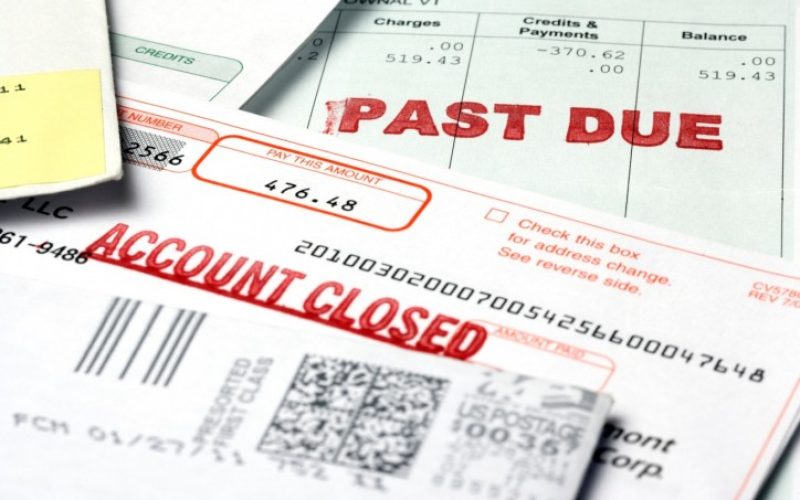by Russ Koesterich, Portfolio Manager, Blackrock
Most headlines today are focusing on the looming possibility of a government shutdown, but the economic impact of a short-term shutdown would probably be limited to modest dents in fourth-quarter economic growth and consumer confidence.
In fact, in my opinion, there’s a much bigger threat to the market coming later in October.
As I write in my new weekly commentary, the more significant risk relates to the debt ceiling—the statutory limit on the amount of debt the United States is able to issue. The government is set to hit the debt ceiling, i.e. the current threshold of $16.7 trillion, in two to three weeks.
If Congress and President Obama cannot come to an agreement that would raise the debt ceiling before mid-October, the United States may technically default on its debt. Such a default hasn’t happened before and would be massively disruptive to the global financial system, the economy and the country’s financial reputation.
Looking forward, I do believe that even if Washington experiences a short-term shutdown, it will stumble toward a temporary solution on the debt ceiling. Still, there are a few near-term implications for investors.
- Expect more volatility. While I believe that the current budget battles will ultimately be resolved, they are likely to cause more near-term angst for investors before a resolution is reached and are likely to be a short-term negative for stocks. As such, I expect the recent pickup in volatility to persist.
- Get Defensive. Under the scenario I expect, investors should consider getting a bit more defensive, raising cash and looking at the accompanying volatility as a buying opportunity.
- Don’t Sell Gold Just Yet. Though I hold an underweight view of gold, the precious metal may be worth holding onto if you have a pessimistic view of how the budget battle will play out. If Washington fails to raise the debt ceiling, a technical default on U.S. debt would cause a significant blow to the global financial system. It would almost certainly cause a sharp pullback in stock prices and would be a negative for fixed income credit sectors. In fact, about the only asset class likely to be an obvious beneficiary of a debt ceiling breach is gold.
Source: Bloomberg
Russ Koesterich, CFA, is the Chief Investment Strategist for BlackRock and iShares Chief Global Investment Strategist. He is a regular contributor to The Blog and you can find more of his posts here.
Copyright © Blackrock












